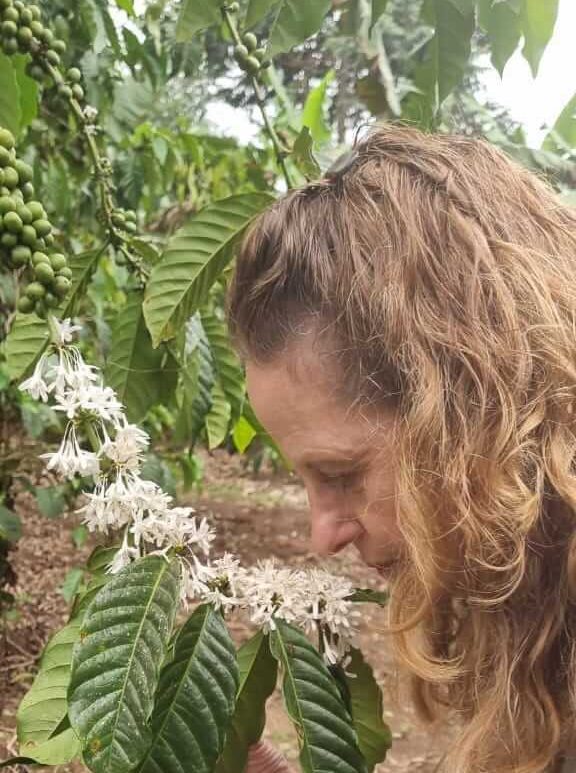The project geographical focus is in selected six (6) districts in Uganda i.e. 3 in the Lake Victoria Basin (i.e. Mukono, Buikwe and Kayunga) and 3 in the Mt. Elgon Region i.e. Bukwo, Kapchorwa, and Kween
The project objective is, ´´to enhance small scale coffee farming communities’ resilience to climate shocks and stresses and increase benefits to communities from coffee, multiple-use trees and other crops in targeted regions.´´ The project will contribute towards achievement of the Government of Uganda commitments in respect to increasing coffee production and productivity at farm level in a sustainable way that addresses the social, ecological and economic dimension. Furthermore, to promote the environmental and biodiversity conservation practices in the coffee contributes towards implementation of Government of Uganda priorities as stipulated in the Vision 2040, Uganda Green Growth Strategy, National Development Plan, Climate Change Policy and its Nationally Determined Contributions (NDC), Energy Policy and National Forest Policy.
Overall, the project’s long-term impacts is, ´´A resilient and productive coffee farming community; Increased forest cover resulting from expanded agroforestry uptake, natural forest protection and restoration; use of efficient cook stoves; and establishment of dedicated fuel woodlots; Sustained incomes that are over and above the coffee farmers poverty levels; and Reduced greenhouse gases (GHG) emissions and increased GHG removals. The unintended but most likely positive impacts include: Conservation of biological diversity ( from retained trees on farm, diverse agroforestry trees planted, protected natural forest patches-which create conditions and habitants for animal diversity-birds, insects, moths-compatible the coffee farming systems); Watershed / micro-catchment and riverine protection; Household improved health- through reduction of indoor pollution from traditional cooking stoves to improved /efficient rural stoves.
Target Group, Beneficiaries and Partners
The target groups are 49,561 coffee farming households in six (6) districts including: Mukono, Buikwe, Kayunga, Bukwo, Kapchorwa, and Kween
These were identified from the baseline of 330, 794 farming households in the two regions because they actually own coffee gardens. The project is also targeting 6,642 individual officers and extension personnel of Government, Uganda Coffee Development Authority (UCDA), civil society, private company entities working in the target regions and districts. Equal treatment will be given to men, women, working youth, disabled, and the elderly but respecting their gender roles in the value chain. The second level of beneficiaries are the entire 330,794 farming households in the two landscapes of the Lake Victoria basin and Mt. Elgon,including over 12,500 entities representing: Farmers organizations – Farmers coffee associations, cooperatives and companies in the two regions targeted; production and marketing and the natural resources departments of all the six local governments (Bukwo, Kapchorwa, Kween, Buikwe, Kayunga and Mukono) districts; National and field staff of Uganda National Coffee Development Authority (UCDA); National and field staff of the Ministries of Agriculture, Animal Industry and Fisheries (MAAIF) and Ministry of Water and Environment (MWE) especially the staff of forestry, agriculture extension, community development personnel; and National Coffee and Agroforestry Research institutions; more than 20 coffee growing and exporting companies working farmers; International and national Civil society organizations supporting framers; International multilateral entities supporting government, civil and private sector entities in the coffee and natural resources value chains; media; and other groups not yet known to the proposal.


One Reply to “Building sustainable resilience of Uganda’s smallholder coffee farmers”hubli
How do I benefit.am interested